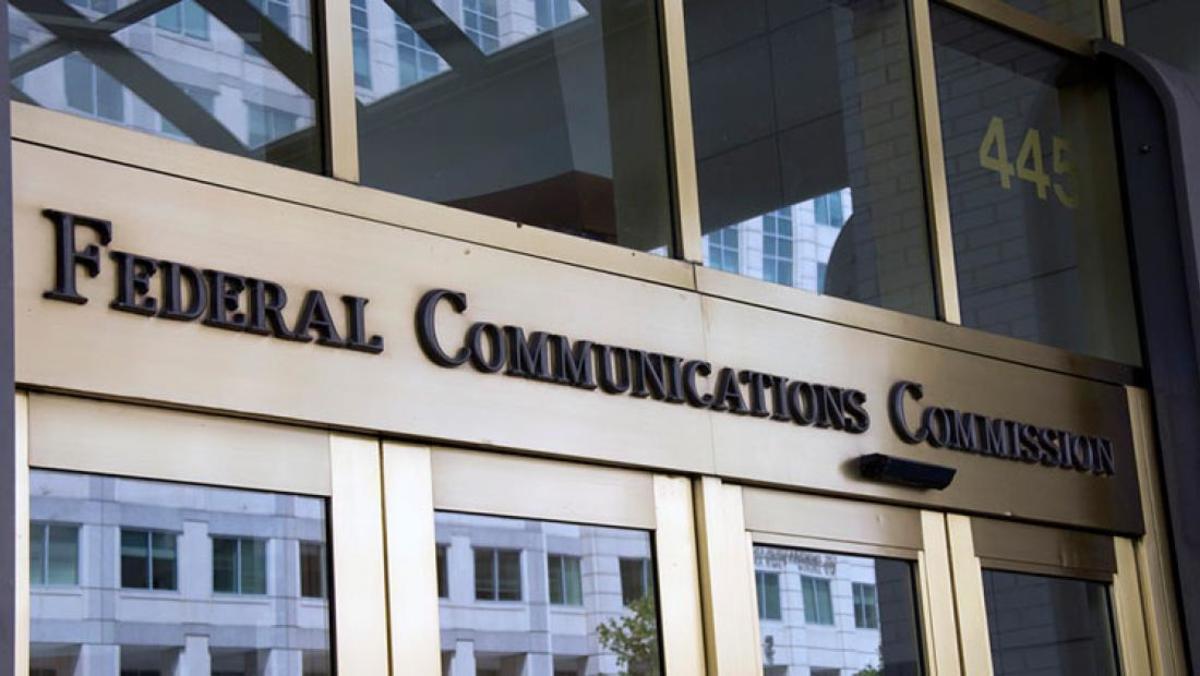Names Surface for Possible O'Rielly Successor

The smarter way to stay on top of the multichannel video marketplace. Sign up below.
You are now subscribed
Your newsletter sign-up was successful
Carolyn Roddy, a senior advisor at the National Telecommunications & Information Administration, and Hill staffer Crystal Tully, are two names that have surfaced as potential Republican FCC nominees to replace Michael O'Rielly, whose nomination was abruptly withdrawn by President Trump.
Tully is the deputy staff director of the Senate Commerce Committee. She was formerly the on the committee's communications and tech policy teams and before that counsel to former chairman Roger Thune and senior advisor to current chairman Roger Wicker (R-Miss.). She was also an FCC law clerk.
Tully is said to be Wicker's choice for the job. Traditionally Senate Commerce chair gets a say in FCC nominees, since it is the committee of principal jurisdiction, though breaking with tradition has been a hallmark of this President.
Roddy was a member of Trump's FCC transition team following the 2016 election and was Metro Atlanta Regional Deputy Coordinator of the campaign. She was briefly an FCC lawyer in 2017.
Roddy's resume, according to ProPublica, includes regional regulatory counsel for Sprint; Counsel at Troutman Sanders, LLP in Atlanta; and director of regulatory affairs at the Satellite Industry Association in Washington. She has also been an adjunct professor at Atlanta's John Marshall Law School.
O'Rielly doesn't have to go anywhere until a new nominee is vetted and voted, which in an election year is unlikely to happen before year's end. He will have to exit by the beginning of January anyway since he can serve until the end of this Congress before he has to leave.
O'Rielly is not entirely out of the picture, either, with Majority Leader Mitch McConnell (R-Ky.) and Sens. Thune, and John Cornyn (R-Texas) said still to be advocating for his return.
The smarter way to stay on top of the multichannel video marketplace. Sign up below.
If O'Rielly left before his mandatory exit, it would leave the FCC at a 2-2 tie, which Republicans clearly don't want. And even if he stayed through the end of December, the FCC could be at a 2-2 tie depending on how long it took to vet and vote a successor given the intervention of a presidential election and a lame-duck Congress with few legislative days.
O'Rielly has already been vetted and voted in the Commerce Committee and had only been awaiting a Senate vote when the President abruptly pulled the nomination, likely over an O'Rielly speech to the Media Institute in which he raised concerns about the negative consequences of regulating social media company content, something the President has pushed.
But there had also been a hold on O'Rielly's nomination placed by Sen. James Inhofe (R-Okla.), chairman of the Armed Services Committee, who was unhappy with an FCC decision to allow Ligado to use spectrum adjacent to GPS for terrestrial broadband. That was a unanimous decision, but O'Rielly's is the only FCC nomination up for renewal and that hold was considered a signal to the whole FCC of Inhofe's unhappiness rather than his desire to derail O'Rielly.
If the White House wants to get a new commissioner vetted by the FBI and the Senate Commerce Committee and confirmed by the full Senate before the potential of a two-two stalemate becomes a reality, it will need to offer up a nomination soon, and even then it might not be able to avoid that scenario.
O'Rielly had no comment on the withdrawal or his future plans, according to a staffer.
Contributing editor John Eggerton has been an editor and/or writer on media regulation, legislation and policy for over four decades, including covering the FCC, FTC, Congress, the major media trade associations, and the federal courts. In addition to Multichannel News and Broadcasting + Cable, his work has appeared in Radio World, TV Technology, TV Fax, This Week in Consumer Electronics, Variety and the Encyclopedia Britannica.

